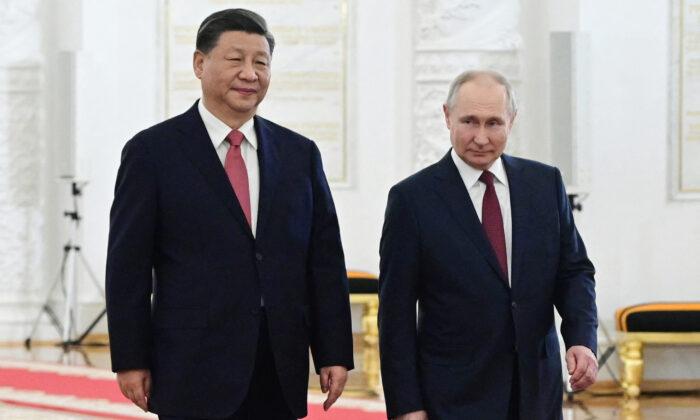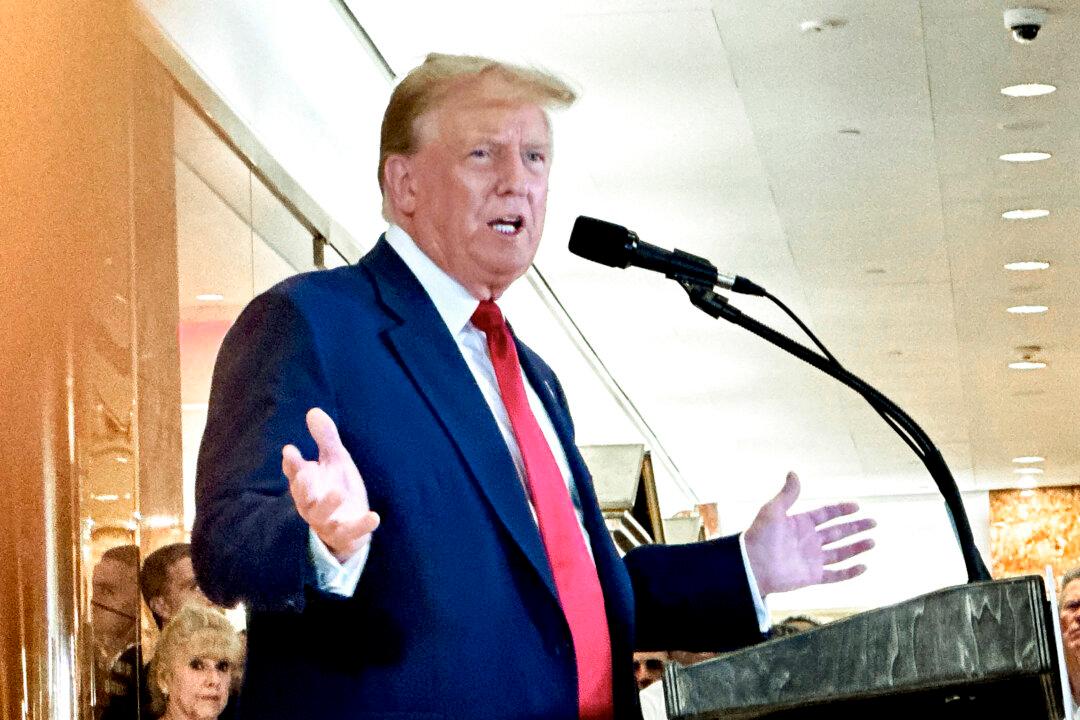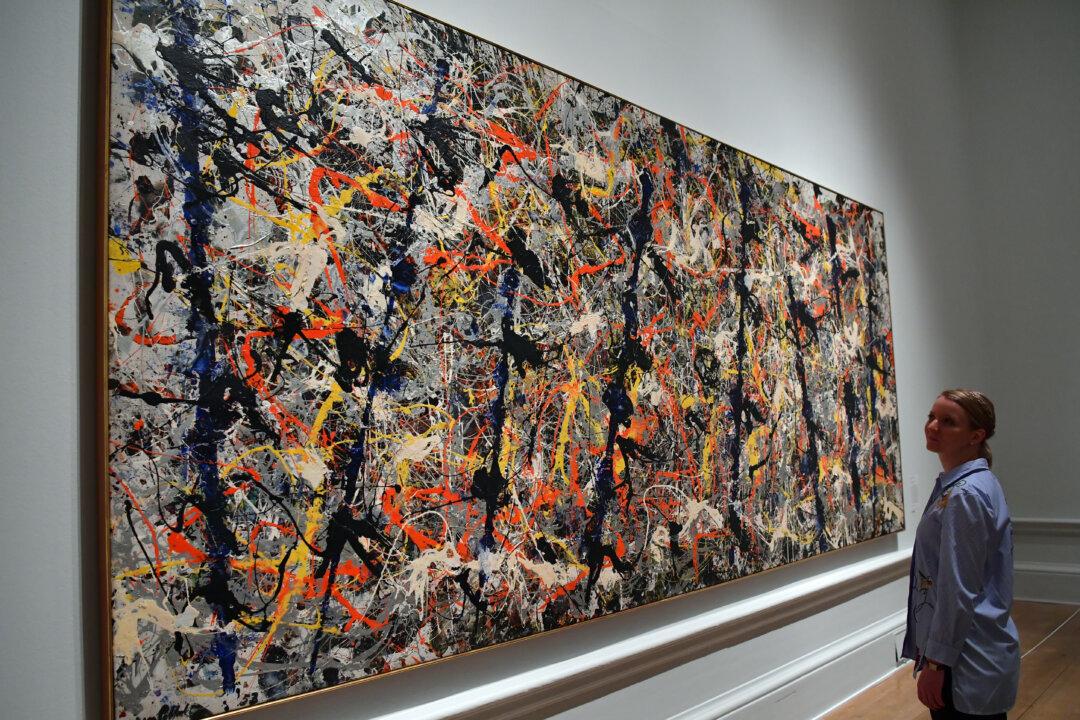Nature, according to Aristotle, abhors a vacuum.
The old Stagirite, writing in his “Physics,” was thinking about how the physical universe operates.
But a cognate idea can be found in many who later noticed that what we might call political and social reality operates according to a similar economy.
Readers of Francois Rabelais’s “Gargantua and Pantagruel” will find a social “horror vacui” in evidence throughout those books.
I thought of that reality when contemplating the chummy meeting between two of the world’s chief despots, Chinese leader Xi Jinping and Russian President Vladimir Putin.
The chief item on the agenda was the war in Ukraine, which Putin started a year ago and Xi seems to be supporting with material as well as moral support.
Putin smiled and said he had studied the plan, which he commended for following the “principles of fairness.”
As far as I know, Ukrainian President Volodymyr Zelenskyy has yet to express a judgment about “China’s Position on the Political Settlement of the Ukraine Crisis,” but he can’t be pleased about a peace plan that essentially rectifies Russia’s absorption of various bits of Ukraine while giving Putin respite from fighting in order to catch his breath and rearm.
Zelenskyy will have an opportunity to make his views known soon when he and Xi have their scheduled talk.
Some observers believe that he may acquiesce to something like China’s plan.
Ukraine has so far lost somewhere north of 120,000 men, fewer than Russia, but proportionally much more.
Then there’s the fact that the war has been entirely on Ukraine’s soil.
The toll on Ukrainian infrastructure has been steep.
Everyone expects Ukraine to mount some sort of counter-offensive in the spring—which began on March 20—but few observers believe that Ukraine can prevail absent massive aid from the West.
Will that aid be forthcoming?
Opinions differ.
I doubt it.
Which means that we shouldn’t be surprised if Zelenskyy is open to Xi’s overtures.
Wasn’t that sort of thing, those high-stakes international initiatives, the province of the United States?
Since the end of World War II, they mostly have been.
But the center of gravity has been shifting.
Time and again under U.S. President Joe Biden, Washington has been missing in action.
What began with Secretary of State Antony Blinken’s humiliation by his Chinese counterparts in Anchorage, Alaska, early on in Biden’s term has been accelerating in recent months as Beijing just ignores Washington in pursuit of its own economic and military aims.
“Although Washington has dismissed China’s peace plan for Ukraine,” Spengler wrote, “[Zelenskyy] has not.”
According to China’s plan, Spengler wrote, “Russia would keep the Sea of Azov and most of the Donbas, a settlement that might be forced on Ukraine as it runs out of manpower and ammunition.”
It’s too early to say with much confidence what will happen in Ukraine.
But I suspect that Spengler is right that the conflict there is evidence of important shifts in the zeitgeist, the climate of opinion about the chief realities of power politics.
“The Ukraine war,” Spengler wrote, “has set in motion a global realignment, including the China–Iran–Saudi agreement. Looking at America’s blunders in Ukraine, the Saudis have concluded that America won’t put boots on the ground in the Middle East and are looking for other friends.”
“Other friends.” People and states look for them when their old friends show themselves to be unreliable.
It’s how people react when confronted with a vacuum.
That sucking sound you hear all about these days is evidence of American fecklessness and, consequently, Chinese adventurism.
It’s an unpleasant, admonitory sound whose warnings we ignore at our peril.





